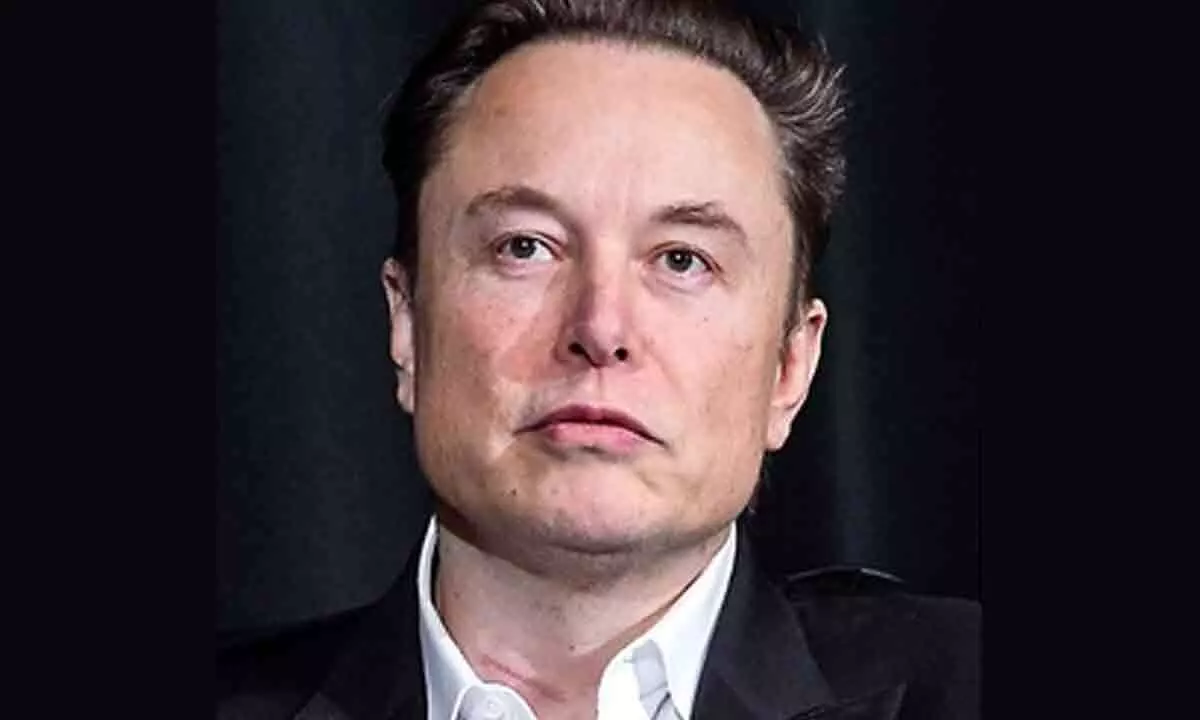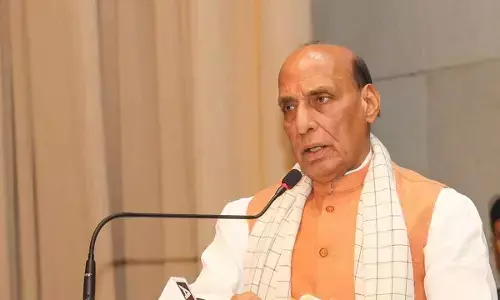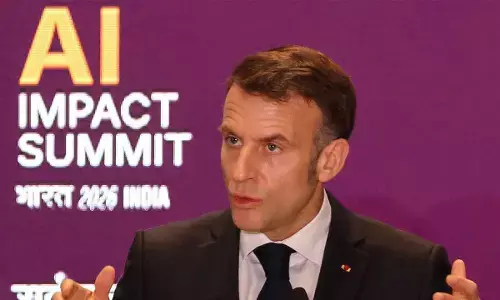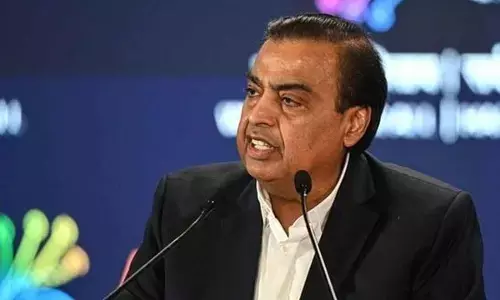Elon Musk's Controversial Views: Understanding the 'Great Replacement' Theory

SpaceX Launches Lunar Landers for Moon Mission in 2025
Elon Musk's recent comments suggest alignment with the 'great replacement' theory, raising concerns about the spread of racist narratives.
Elon Musk's recent remarks have stirred controversy, hinting at his belief in the 'great replacement' theory, a conspiracy alleging that liberal elites manipulate immigration to alter demographics. Despite Musk's denial of explicitly subscribing to the theory, his statements echo its sentiments, fueling debates on social and political platforms.
"I'm simply saying there's an incentive here," Musk said. "If illegal immigrants — which I think have a very strong bias to vote Democrat — the more they come into the country, the more they're likely to vote in that direction." However, Lemon highlights that undocumented immigrants, as well as legal immigrants on visas or with green cards, are ineligible to vote. Musk countered by emphasizing the importance of census data beyond just voting considerations. "The House seat apportionment is proportionate to the number of people, not just the number of citizens," Musk said, adding that immigrants "overwhelmingly go to places like California and New York."
The 'great replacement' theory posits that immigrants are strategically imported into Western countries to dilute white populations, thereby influencing political landscapes. Musk's insinuations align with this narrative, suggesting concern over demographic shifts and their potential impact on voting patterns. However, his assertions overlook critical nuances of immigration processes and demographic trends.
While immigration may influence population dynamics over time, Musk's assertions oversimplify complex realities. Immigration, governed by stringent legal frameworks, involves various stages, often spanning years, such as processing, hearings, and adjudication. Contrary to Musk's implications, immigrants entering the country irregularly or seeking asylum face legal proceedings, including asylum hearings and potential deportations. Moreover, the lengthy legal procedures and citizenship pathways preclude immediate demographic or electoral implications.
Despite Musk's assertions, data refutes the narrative of immediate demographic replacement. Census data, fundamental to demographic analyses, operates on a ten-year cycle, capturing long-term population trends rather than immediate shifts. Additionally, asylum approval rates remain low, limiting the demographic impact of humanitarian admissions.
Critics highlight the racial undertones of the 'great replacement' theory, emphasizing its racist and antisemitic origins. The theory perpetuates fears of ethnic displacement and demographic shifts, often rooted in white supremacist ideologies. Musk's previous interactions, including engagements with antisemitic content, underscore concerns about his ideological leanings and their implications.
Musk's ambiguous stance on controversial issues further complicates the discourse. While he appears to flirt with 'great replacement' rhetoric, he refrains from explicit endorsement, perhaps mindful of public perception and potential repercussions. This strategic ambiguity enables Musk to disseminate contentious views while evading direct accountability.
The 'great replacement' theory's propagation poses broader societal challenges, fueling racial tensions and xenophobic sentiments. Musk's influence, amplified by his vast social and economic reach, underscores the significance of responsible discourse and ethical engagement on sensitive topics. As debates on immigration, demographics, and racism persist, critical analysis and informed dialogue are essential to address underlying issues and promote inclusive societies.
In his interview with Lemon, Musk explained that what he really meant was that "a prominent number of Jewish philanthropists fund groups that they should really take a closer look at." Regarding the tweets Musk shared about the purported "Hispanic invasion" of America orchestrated by Democrats and their elite cohorts, he appears to downplay their significance, suggesting they should not be taken too seriously. "If I quote something, it doesn't mean I agree with everything in it," Musk said. "It's just something that — I think this is something people should consider."
In conclusion, Elon Musk's recent statements reignite debates on the 'great replacement' theory, underscoring the importance of confronting and challenging divisive narratives. Amidst growing concerns about racial prejudice and misinformation, fostering understanding and empathy remains paramount in fostering cohesive and equitable communities.
With Inputs from The Verge




